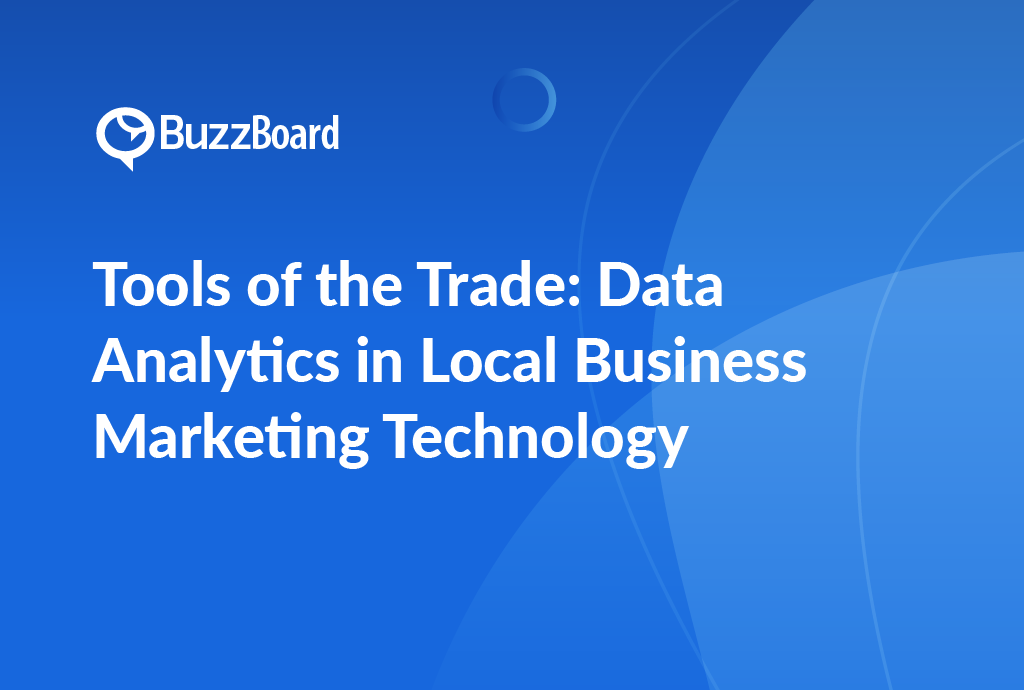Overview of Data Analytics in Local Business Marketing Technology
Data analytics’ ascent in local business marketing technology has been transformative, offering a wealth of opportunities for digital marketing agencies. These agencies can now deliver superior services to their small business clients, with the aid of technologies and tools associated with data analytics. This use of data analytics can lead to insightful marketing strategies based on facts, not conjecture.
The role of data analytics in driving change should not be underestimated. It provides insights into consumer behavior, sharpens the focus on target demographics, and enhances communication strategies. Digital marketing agencies with a technology-first approach can mine the digital traces left by potential customers, thus improving their ability to market local businesses.
A digital agency utilizing data analytics in local business marketing doesn’t merely distribute advertisements and hope for the best. They observe how customers interact with ads, noting patterns, and devising a tailored and efficient strategy that targets specific customer behaviors. Keeping up with analytics and technology is fundamental for competitiveness in today’s digital-first world.
Staying ahead in local business marketing involves drawing connections between complex marketing tools and the local businesses that need them. Digital marketing agencies employing the power of data analytics have the potential to be game-changers in marketing technology for small and local businesses.
How Digital Agencies Are Using Tools and Technologies for Data Analytics
In today’s fiercely competitive business environment, data analytics has evolved into a powerful and essential tool for digital marketing agencies. The beauty of data analytics lies in its ability to transform unprocessed information into valuable insights for local business marketing technologies. By leveraging data analytics, digital agencies enhance online visibility and customer engagement, leading to more informed decision-making and resulting in better business outcomes.
Digital marketing agencies understand the vital role of data analytics in crafting robust marketing strategies. Advanced tools and technologies allow them to collect customer data, analyze trends, and make informed marketing decisions. These innovative techniques aid in understanding customer behaviors, preferences, and patterns more effectively.
For instance, Google Analytics, a widely used tool, equips digital agencies to track and analyze data from their websites. Interpreting this data enables agencies to better comprehend their audience’s demographics, interests, and behaviors, thus allowing them to customize their marketing initiatives to align with the needs of their target market. Additionally, platforms, like SEMrush and Moz provide crucial search engine optimization (SEO) insights that enhance website visibility in local searches.
CRM systems, like HubSpot and Salesforce, are also crucial in gathering and managing customer data. These technologies enable digital agencies to sustain a smooth flow of communication with potential customers, ensuring no leads get overlooked during the sales process.
However, effectively utilizing these tools and technologies requires a profound understanding and strategic approach. Only then can digital agencies genuinely harness the potential of data analytics in local business marketing technology.
The Role of Data Analytics in Local Business Marketing
Data analytics plays a central role in local business marketing in today’s technologically advanced marketplace. If you’re part of a digital marketing agency, effectively leveraging data analytics can significantly improve your marketing strategies.
Data analytics enables businesses to gather, analyze, and implement customer data. This process affords a better understanding of purchasing behaviors, preferences, and trends among customers. Armed with this valuable insight, businesses can then tailor their marketing strategies to more effectively meet customer needs.
From the perspective of local business marketing, data analytics aids in identifying profitable customer segments, important local advertising channels, and conversion-driving marketing practices. Local businesses can gain an invaluable understanding of their customers, gauging their interest in particular products or services, determining effective pricing strategies, and identifying promotions that garner attention.
The value of data analytics extends beyond just comprehending customer behavior. It also facilitates the measurement of marketing performance. For instance, local businesses can evaluate the efficacy of past marketing campaigns using technologies, such as Google Analytics and CRM systems to shape future endeavors.
In the competitive digital market, data analytics provides a crucial advantage in local business marketing technology. Whether you are an established or a new digital marketing agency, data analytics is indispensable in the digital marketing world.
Effective Data Analytics Strategies Employed in Digital Marketing
Data analytics is a vital component in digital marketing, particularly within local business marketing technology. Enhancing the efficacy of your digital marketing agency demands the implementation of robust data analytics strategies.
The advent of data analytics in the digital agency landscape has sparked a revolution in how local-level businesses engage their target audience. A meticulously devised data-driven tactic can amplify brand visibility, monitor customer behavior, decipher market trends, and offer insightful revelations.
One such formidable data analytics strategy is segmentation. This approach entails partitioning a local business’s customer base into distinct groups founded on demographic, behavioral, and other data. By doing so, businesses can shoot channel-specific marketing messages to these unique groups, creating a more individualized and impactful marketing campaign.
A second strategy involves utilizing predictive analytics. Such tools and technologies allow businesses to interpret past and current data to forecast future trends and customer behavior, enabling them to anticipate and proactively respond to market shifts.
Incorporating these strategies can augment local business marketing performance, providing real-time insights into consumer behavior and preemptively addressing business concerns before they magnify.
Potent data analytics help pinpoint your business’s strengths and weaknesses, assisting in making informed decisions. Ensuring your business is on the right trajectory and giving you a competitive edge.
While implementing these strategies, it is crucial not to lose sight of your business goals. Aligning data analytics strategies with your business objectives is vital for optimal results.
Challenges and Benefits of Deploying Data Analytics in Local Business Marketing Technology
Implementing data analytics in local business marketing technology presents unique challenges and benefits that digital marketing agencies, particularly those catering to small businesses, must navigate. A significant challenge is establishing a robust digital infrastructure. Many small businesses lack in-house expertise, leading agencies to kickstart the process, a task that could potentially be daunting and costly.
However, once this hurdle is tackled, data analytics can uncover a wealth of benefits for businesses. By generating in-depth insights into customer behavior, trends, and preferences, data-centered tools and technologies can help craft targeted marketing campaigns. The end result? Enhanced customer engagement, elevated conversion rates, and improved retention, which ultimately bolsters a business’s bottom line.
Additionally, if skillfully deployed, data analytics can offer small businesses an affordable means to stay relevant and competitive amidst the rapidly evolving digital marketing landscape. Consequently, a savvy digital agency should leverage these benefits to convince clients of the revolutionary potential of data-driven decision-making.
Remember, effective digital marketing isn’t just about having the right tools and technologies. It’s about understanding how to manipulate data to drive marketing success.








